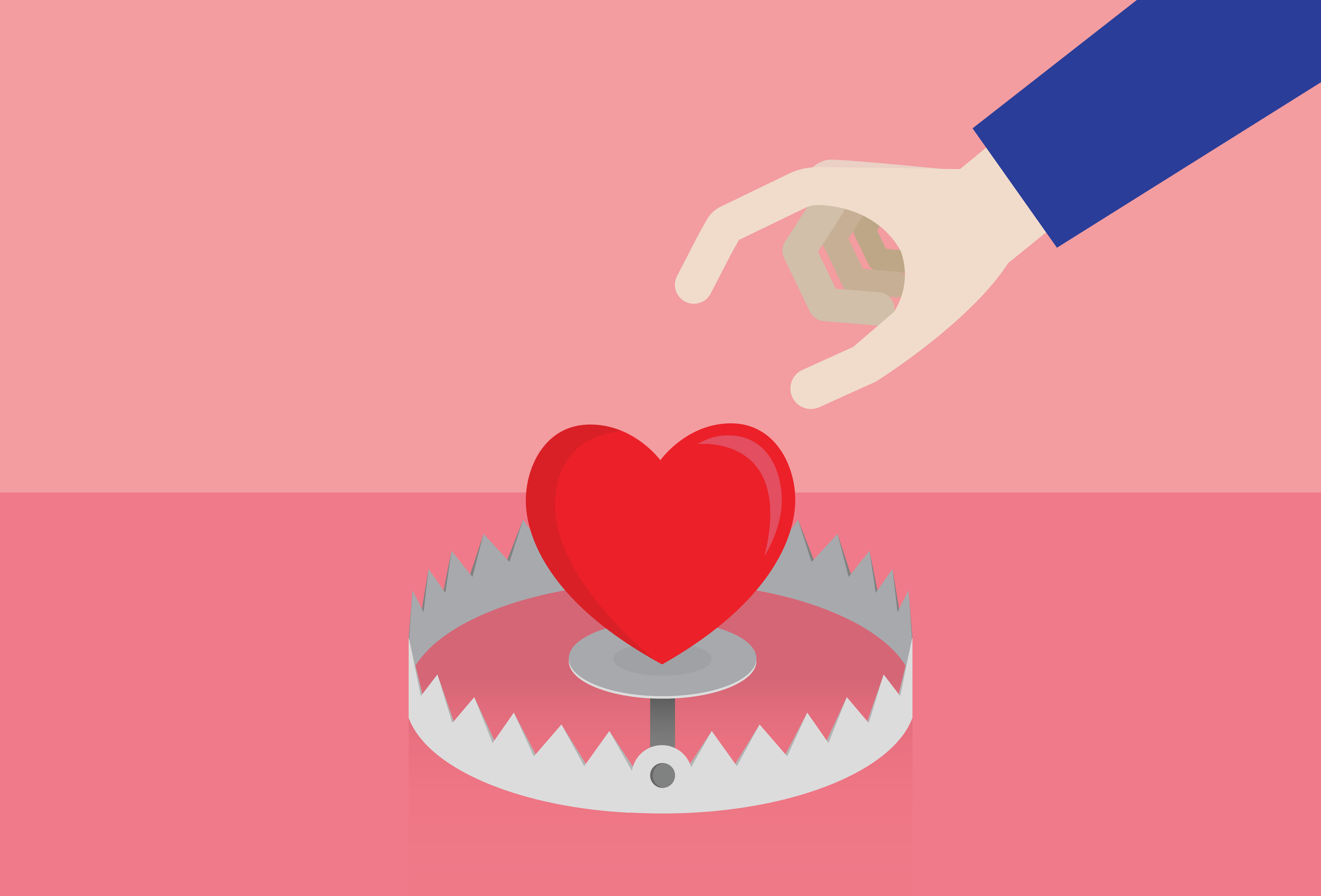February 9, 2024
Romance Scams to Beware — Signs of a Scammer at Work

As Valentine’s Day approaches, the FBI and BBB are warning consumers of rising romance scams.
Common romance scams include:
Imposter websites
The imposter websites look and perform eerily similar to the real thing, right until they take your money and send nothing back.
Jewelry scammers borrow official photos, logos and sale graphics directly from legitimate jewelry websites and then offer seemingly unbeatable prices.
Scammers also use similar tricks to build fake online dating sites. These are lookalikes to major websites, such as like Match.com that steal personal data and credit card information from idealistic love-seekers.
💐 Fake Florists
If you’re trying to order last-minute flowers for a loved one, beware the fake florist grift. The BBB has a deep catalog of scammed consumers who thought they ordered from a legitimate retailer and then received extremely subpar flowers - or nothing at all. Do your research before sharing your personal information.
💗 Romance scams on social media
In 2020 alone, U.S. victims lost a record $304 million to romance scams, an increase of 50% from 2019, according to Federal Trade Commission (FTC) Consumer Sentinel data. The median dollar loss per individual was $2,500, a nearly fourfold increase from 2016.
According to the FTC, more than a quarter of people who reported losing money to fraud in 2021 said it started on social media. Altogether, more than 95,000 people lost $770 million to fraud initiated on social media platforms last year, an eighteen-fold increase over 2017.
Signs of a romance scam
To spot red flags, it’s a good idea to talk to people you know about anyone you meet online and listen to their input about whether something doesn’t seem right.
According to the FTC, these scammers typically say they’re living or traveling outside the U.S. They’ll say they’re working on an oil rig or in the military or are a doctor with an international organization to help cover difficulties in communication or making in-person arrangements.
Common requests include asking for money to pay for travel or medical expenses or for customs fees to retrieve something or to pay a gambling debt. They’ll often ask the victims to use gift cards or wire transfers to send funds. These methods make money virtually impossible to recover once sent.
How to outsmart a romance scammer
Whatever you do, don’t send money or gifts to anyone you’ve never met in person, authorities say. Don’t sign legal documents or give account numbers to these people or open joint accounts with them either.
The FBI has some advice on what you can do to limit your risk:
- Be careful what you post and make public online.
- If you suspect a scam, stop communicating with the person immediately.
- Conduct a reverse image search of the person’s photo(s). If it is associated with another name or profile, it is likely a scam.
- Take things slow and ask a lot of questions.
- Never send money to someone you have only communicated with online or by phone
Read the entire article: Romance Scams to Beware — Signs of a Scammer at Work | Nasdaq

